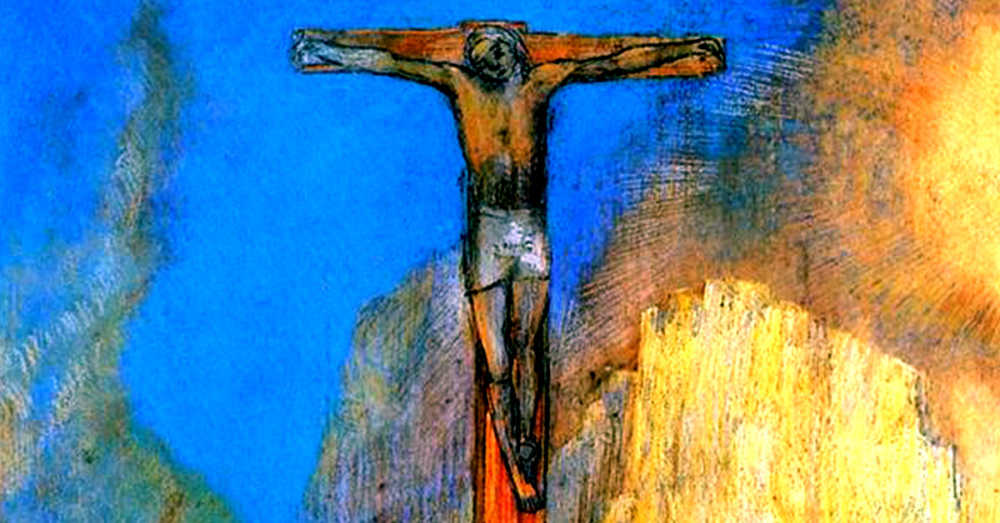stiggy wiggy
Well-known member
I've only read the title but I belief the reason for the atonement was multifactorial, not just one or even two causes. If you like the Christus Victor view, Greg Boyd is a strong advocate for it.

The "Christus Victor" View of the Atonement - Greg Boyd - ReKnew
God accomplished many things by having his Son become incarnate and die on Calvary. Through Christ God revealed the definitive truth about himself (Rom 5:8, cf. Jn 14:7-10); reconciled all things, including humans, to himself (2 Cor 5:18-19; Col 1:20-22), forgave us our sins (Ac 13:38; Eph 1:7)...reknew.org
Thanks. The post is mostly about the ransom.
